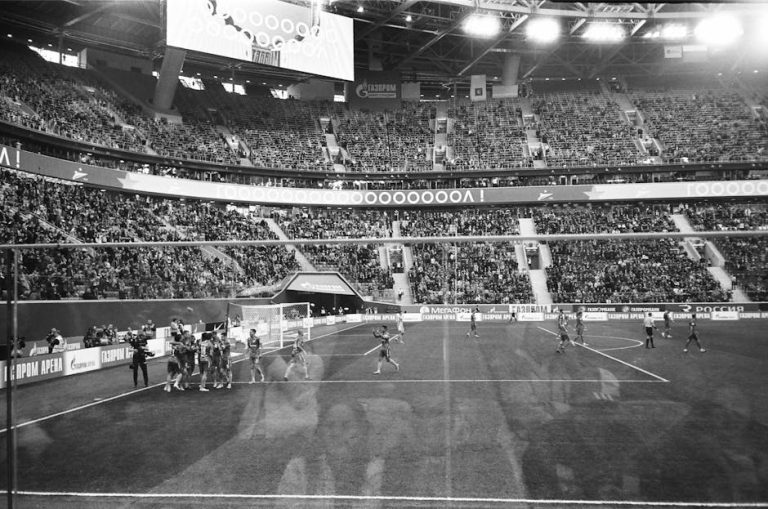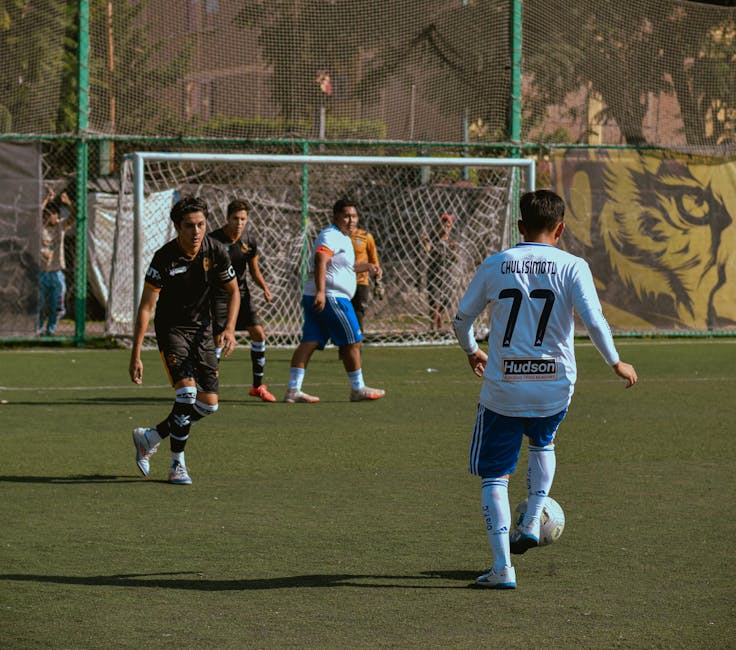The Impact of Football on Manchester’s Culture and Economy
Football is more than just a sport in Manchester; it is an integral part of the city’s culture and economy. Home to two of the world’s most famous football clubs, Manchester United and Manchester City, the city breathes football. This blog post will delve into how football has shaped Manchester’s cultural identity and economic landscape.
The Cultural Significance of Football in Manchester
Football has a deep-rooted cultural significance in Manchester. The city’s residents, known as Mancunians, are passionate supporters of their respective clubs. This passion is reflected in various aspects of daily life, from local conversations to the city’s art and music scenes.
Historical Background
The history of football in Manchester dates back to the late 19th century. Manchester United was founded in 1878 and Manchester City in 1880. Over the years, both clubs have achieved significant success, with Manchester United winning numerous league titles and European championships, and Manchester City emerging as a dominant force in recent years.
Football and Community Identity
Football plays a crucial role in shaping community identity in Manchester. The fierce rivalry between Manchester United and Manchester City fans is a testament to the deep-seated emotional connection people have with their clubs. This rivalry extends beyond the stadiums and influences local culture, from pubs and cafes to street art and music.
The Economic Impact of Football in Manchester
Football significantly contributes to Manchester’s economy. The presence of two major football clubs attracts millions of tourists, creates jobs, and boosts local businesses.
Tourism and Hospitality
Football tourism is a major economic driver in Manchester. According to a report by Manchester City Council, football-related tourism generates an estimated £330 million annually for the local economy. Thousands of fans from around the world visit the city to watch matches, tour the stadiums, and visit club museums.
The influx of tourists has a positive ripple effect on the hospitality industry. Hotels, restaurants, bars, and shops benefit from increased foot traffic and spending. For example, on match days, local businesses report a significant boost in revenue, with some establishments seeing up to a 200% increase in sales.
Job Creation
Football also creates numerous job opportunities in Manchester. From stadium staff and club employees to hospitality workers and retail staff, the sport supports thousands of jobs in the city. Manchester United and Manchester City are among the largest employers, providing employment to over 3,000 people combined.
Additionally, the construction and maintenance of football-related infrastructure, such as stadiums and training facilities, create jobs and contribute to the local economy. For example, the recent expansion of the Etihad Stadium, home to Manchester City, provided employment for hundreds of construction workers and boosted local businesses.
Real Estate and Infrastructure Development
Football has also influenced Manchester’s real estate and infrastructure development. The presence of major football clubs has led to the regeneration of certain areas, attracting investment and improving local amenities. For instance, the development of the Etihad Campus around Manchester City’s stadium has transformed the area, providing new housing, retail spaces, and community facilities.
Similarly, the redevelopment of Old Trafford, Manchester United’s iconic stadium, has spurred growth and investment in the surrounding area. These developments not only enhance the city’s infrastructure but also increase property values and attract new residents and businesses.
Football’s Role in Social Initiatives
Football clubs in Manchester are actively involved in various social initiatives, using their influence and resources to make a positive impact on the community. Both Manchester United and Manchester City have established charitable foundations that support a range of programs, from education and health to social inclusion and environmental sustainability.
Community Outreach Programs
Manchester United Foundation and City in the Community run numerous outreach programs aimed at improving the lives of local residents. These programs include football coaching sessions, educational workshops, and health and wellbeing initiatives. By engaging with young people and providing them with opportunities to develop their skills and confidence, these programs help create a positive and lasting impact on the community.
Promoting Social Inclusion
Football clubs in Manchester also play a vital role in promoting social inclusion. Through various initiatives, they work to break down barriers and bring people from diverse backgrounds together. For example, Manchester City’s Cityzens Giving program supports projects that use football to address social issues such as homelessness, mental health, and discrimination.
Similarly, Manchester United’s ‘United Against Racism’ campaign aims to combat racism and promote diversity and inclusion within the sport and the wider community. By leveraging the power of football, these initiatives help foster a more inclusive and cohesive society.
Actionable Tips for Maximizing the Impact of Football on Local Communities
For other cities looking to maximize the impact of football on their local communities, here are some actionable tips:
1. Foster Strong Community Engagement
Encourage football clubs to actively engage with local communities through outreach programs, events, and partnerships. By building strong relationships with residents, clubs can create a positive impact and foster a sense of belonging and pride.
2. Invest in Infrastructure and Facilities
Investing in high-quality infrastructure and facilities, such as stadiums, training grounds, and community centers, can attract investment, create jobs, and enhance the overall appeal of the area. Ensure that these developments benefit the local community and provide opportunities for residents to participate in sports and recreational activities.
3. Promote Social Initiatives
Encourage football clubs to support and promote social initiatives that address key issues such as education, health, and social inclusion. By leveraging their influence and resources, clubs can make a meaningful difference in the lives of local residents.
4. Support Local Businesses
Recognize the importance of local businesses in the football ecosystem and provide support through partnerships, sponsorships, and collaborations. This can help boost the local economy and create a thriving community around the sport.
5. Celebrate Cultural Heritage
Highlight and celebrate the cultural heritage of football within the city. This can include organizing events, exhibitions, and activities that showcase the history and significance of the sport. By doing so, cities can strengthen their cultural identity and attract tourists and visitors.
Conclusion
The impact of football on Manchester’s culture and economy is profound and far-reaching. From shaping the city’s cultural identity to driving economic growth and supporting social initiatives, football plays a vital role in the lives of Mancunians. As other cities look to emulate Manchester’s success, they can learn valuable lessons from the city’s approach to leveraging football for the benefit of the community. By fostering strong community engagement, investing in infrastructure, promoting social initiatives, supporting local businesses, and celebrating cultural heritage, cities can maximize the positive impact of football and create thriving, inclusive communities.




